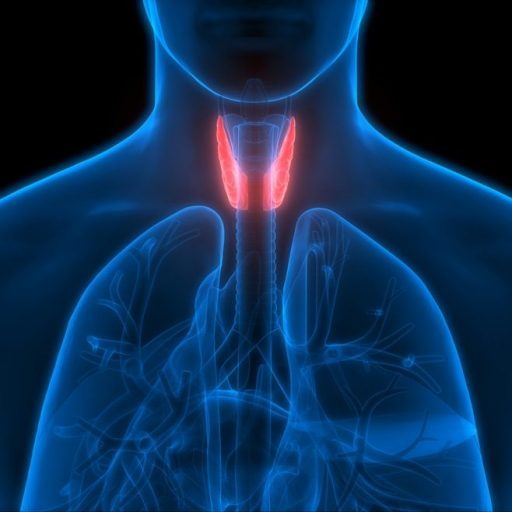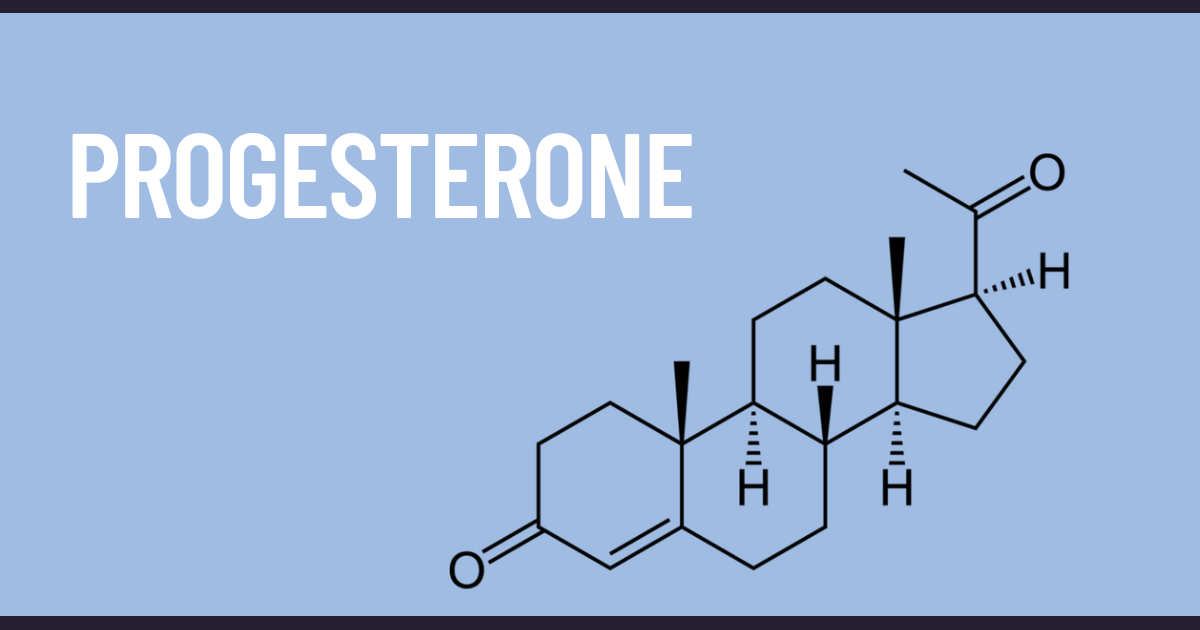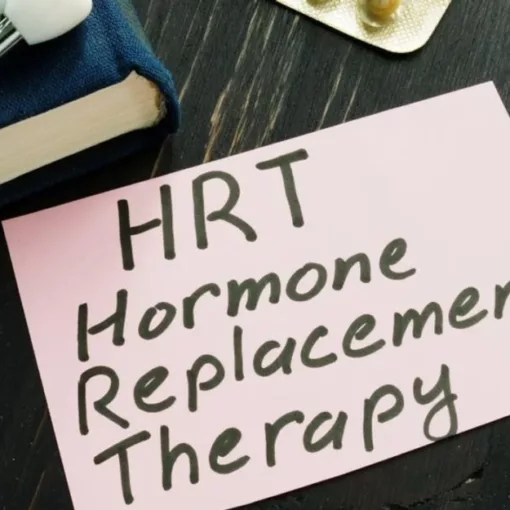Progesterone is vital for women’s health. This importance increases as they near menopause. Furthermore, it plays various roles. These include keeping menstrual cycles regular and promoting healthy bone density. However, women face some issues when progesterone levels drop with age. We will explore these issues next. Finally, we’ll suggest potential treatment options to handle these changes.
The Role of Progesterone in Women’s Health
Menstrual Cycle Regulation
One of progesterone’s primary functions is to regulate the menstrual cycle. It helps prepare the lining of the uterus for a fertilized egg and is responsible for maintaining pregnancy if conception occurs. When levels decrease, women may experience irregular periods or cease menstruation altogether.
Bone Health
Progesterone is crucial for bone health. Specifically, it boosts bone density. It does so by triggering cells that reconstruct bone tissue. Unfortunately, menopause often reduces progesterone levels. Consequently, women face a higher osteoporosis risk.
Issues Faced by Women with Low Progesterone Levels
- Irregular or heavy periods
- Hot flashes
- Insomnia
- Mood swings
- Vaginal dryness
- Decreased libido
- Weight gain
- Memory lapses
Women start entering perimenopause and nearing menopause. In this period, their progesterone levels begin to drop. Consequently, they may experience various symptoms. Unfortunately, these symptoms can greatly affect their life quality.
Hot Flashes and Night Sweats
Hot flashes are sudden feelings of warmth that typically affect the face, neck, and chest. They are often accompanied by red, flushed skin and sweating. Night sweats are similar to hot flashes but occur during sleep. These symptoms can be disruptive to daily life and sleep patterns.
Mood Swings and Depression
Many women report mood swings, irritability, and even depression as their progesterone levels decrease. These emotional changes can strain relationships and make it difficult to maintain a positive outlook.
Treatment Options for Managing Progesterone Decline
Hormone Replacement Therapy (HRT)
Hormone replacement therapy (HRT) involves administering synthetic hormones to help balance declining hormone levels. HRT works well for many women. However, it can also have side effects. Health risks are another concern. These include a higher risk of certain cancers. Therefore, discussing HRT is crucial. This conversation should be with a healthcare professional. It should happen before starting treatment. This way, one can understand both the pros and cons of HRT.
Natural Progesterone Creams
Natural progesterone creams are a popular alternative to synthetic HRT. These creams contain bioidentical progesterone derived from plants, such as soybeans or wild yam. They are applied topically to help replenish hormone levels and alleviate symptoms. However, the effectiveness of these creams is still debated among experts.
Lifestyle Changes
Adopting a healthy lifestyle can help mitigate the effects of declining progesterone levels. Recommended changes include:
- Regular exercise
- A balanced diet rich in calcium and vitamin D
- Stress management techniques, such as yoga or meditation
- Limiting alcohol and caffeine intake
Progesterone is crucial for women’s health. This is especially true during menopause and beyond. However, its levels tend to decline over time. Consequently, women may face a host of symptoms. These can greatly impact their day-to-day lives. Yet, there are proper management and treatment options available. Indeed, these changes can be effectively handled. In turn, women can uphold their quality of life. This is possible even through this transitional phase.
References:
- The North American Menopause Society (NAMS)
- National Institute on Aging – Hormone Therapy for Menopause






